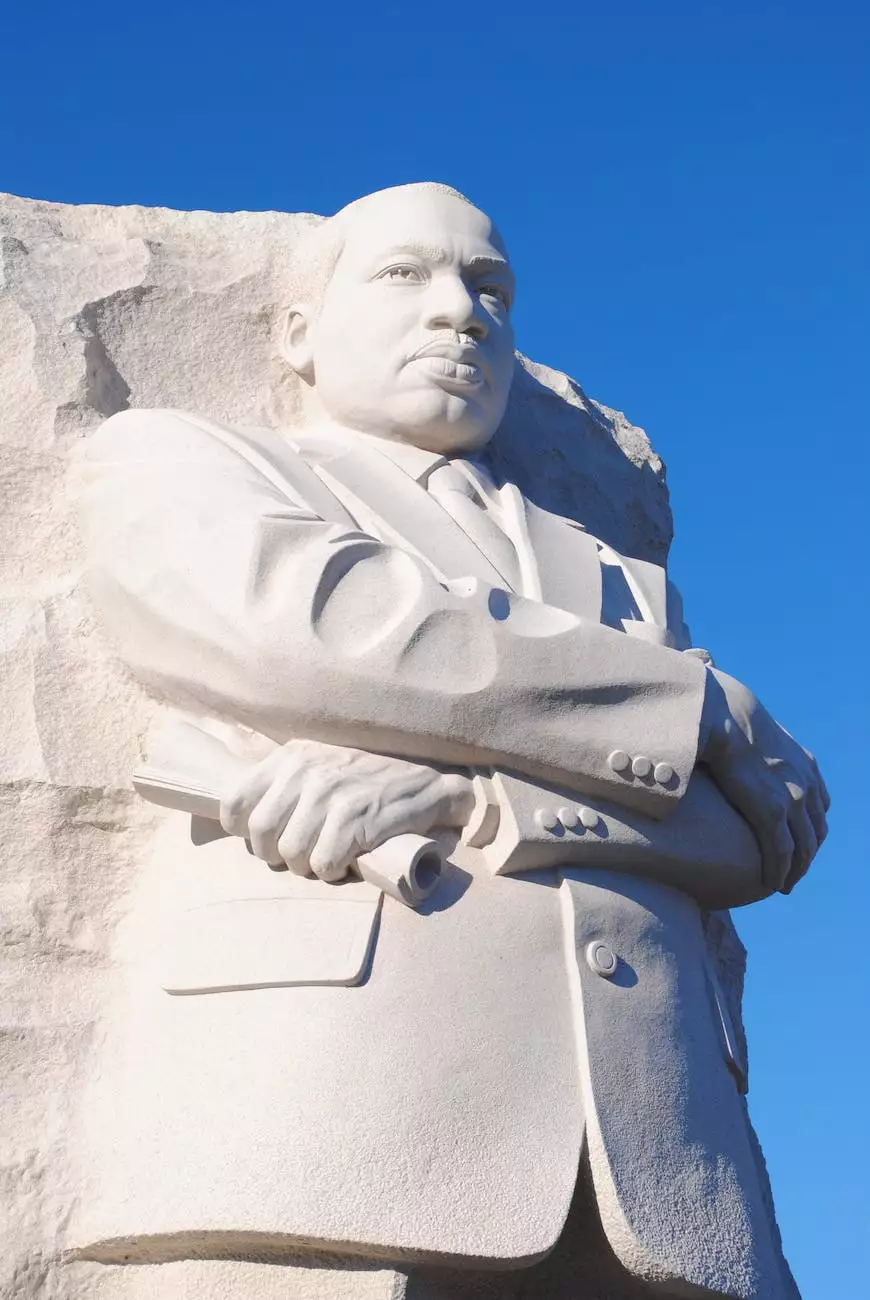Life and Contributions of Martin Luther 1500AD - Thesis Example
Book Reports
Welcome to The Knowledge Nest's comprehensive thesis example that explores the life and contributions of Martin Luther during the 1500s. In this in-depth analysis, we delve into the profound impact that Martin Luther had on society and the Reformation movement. Discover the remarkable journey of this influential figure and gain insights into his ideologies, accomplishments, and lasting legacy.
Early Years and Education
Let's begin by unraveling the early years of Martin Luther - a pivotal figure in European history. Born on November 10, 1483, in Eisleben, Germany, Luther's quest for knowledge started at an early age. He received a solid education and excelled in his theological studies at the University of Erfurt, where he obtained a Bachelor's degree in 1502 and a Master's degree in 1505.
The 95 Theses and the Reformation Movement
A significant turning point in Martin Luther's life came in 1517 when he famously nailed his "95 Theses" to the door of the Castle Church in Wittenberg. This action marked the beginning of the Reformation movement - a movement that would challenge the authority of the Catholic Church and reshape the religious landscape of Europe.
The 95 Theses, a list of propositions criticizing certain practices of the Catholic Church, quickly gained widespread attention and sparked intense debates. Luther's bold stance against the sale of indulgences and his emphasis on faith over religious rituals struck a chord with many individuals seeking spiritual reform.
Social and Religious Impact
Martin Luther's actions and ideas reverberated throughout society, triggering momentous changes with lasting consequences. His translation of the Bible into German made scripture accessible to a wider audience, enabling individuals to interpret the teachings of Christianity independently.
Luther's emphasis on the priesthood of all believers challenged the hierarchical structure of the Catholic Church, empowering the individual and promoting the idea that each person could have a direct relationship with God. This concept had profound implications on society, fueling a desire for religious autonomy and contributing to the growth of Protestantism.
The Diet of Worms and Excommunication
As Luther's influence continued to grow, his unyielding stand against the Catholic Church attracted the attention of religious and political authorities. In 1521, at the Diet of Worms, Luther was summoned to defend his teachings. Despite being given the opportunity to recant his views, he refused, famously stating, "Here I stand; I can do no other."
Consequently, Luther was excommunicated by Pope Leo X, further cementing his position as a renegade within the Catholic Church. This event solidified Luther's role as a prominent figure and galvanized his followers, who saw him as a champion of religious freedom.
Legacy and Continued Influence
The profound impact of Martin Luther's teachings and actions extends far beyond his lifetime. The Protestant Reformation, sparked by Luther's writings and beliefs, led to the establishment of numerous Protestant denominations worldwide. Luther's ideas also laid the groundwork for the broader concept of religious tolerance and individual freedom of conscience.
Today, Luther's contributions are recognized and celebrated across the globe. His courage and intellectual prowess continue to inspire individuals to question traditional norms and seek truth, making him an enduring symbol of reform, resilience, and progress.
Closing Words
In conclusion, the life and contributions of Martin Luther during the 1500s left an indelible mark on history, challenging the medieval understanding of religion and paving the way for intellectual, social, and religious transformation. Explore this thesis example on The Knowledge Nest and witness the influence of Martin Luther, an extraordinary figure who reshaped the course of European society during a tumultuous era.










